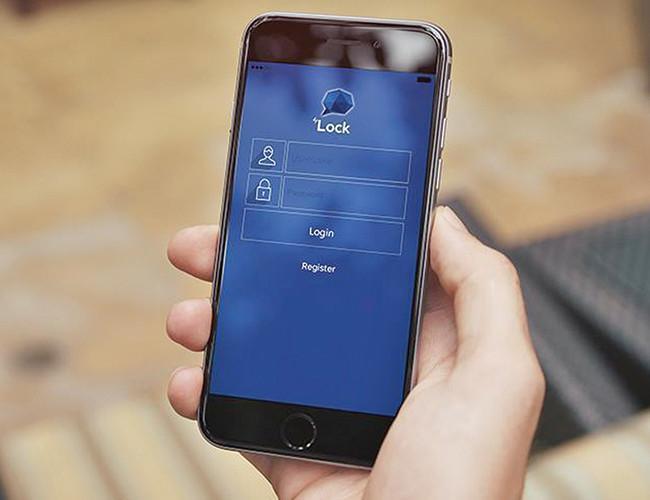First releases made in ByLock cases, many others expected to follow
ISTANBUL

More than 10 people who had been arrested on alleged terror-links for being ByLock users were released on Dec. 28, after an Ankara prosecutor said nearly 11,500 people had been wrongfully accused of using the mobile application, which was exclusive to the members of the Fethullah Gülen network.
Mustafa Yaman, a member of the Felicity Party (SP) Istanbul Provincial Board, was released by a court in Istanbul, after it was proven that thousands of phones were directed to the ByLock servers without thir knowledge when they downloaded application written by a Gülenist.
Eleven other suspects arrested were also released on Dec. 27 in the central province of Afyonkarahisar with a similar ruling.
The application “Mor Beyin” (Purple Brain) was created by Kemalettin Cengiz Erbakirci, who is a former employee of the Scientific and Technological Research Council (TÜBİTAK) and a Gülenist fugitive.
He created the software and fled Turkey four days after the July 15, 2016 failed coup attempt, according to the prosecutors.
Speaking after his release, Yaman told the Doğan News Agency that he was “the victim of a major plot.
“Victims of such situations yearn for justice the most,” he added.
“We have seen what a big problem this is. I am a lawyer. We have already sought justice. However, it seems we should have looked closer.”
The list 11,480 people wrongfully accused of using ByLock include Emre İpek, a staff member at daily Cumhuriyet.
Lawyers for İpek applied to the court for his release, the daily reported.
Separately, the Ankara Chief Public Prosecutor’s Office on Dec. 28 issued detention warrants for a total of 23 current and former staff of Ankara’s Hacettepe University over their alleged links to the Gülen network, state-run Anadolu Agency has reported.
Police launched the detention process for the university staff early in the morning, detaining seven suspects in operations targeting addresses in the eastern province of Malatya, the Black Sea province of Ordu, the Central Anatolian provinces of Konya and Aksaray and the northwestern provinces of Tekirdağ and Bursa.
ByLock, an encrypted smartphone application, was used for communication by the Gülenists before and during last year’s failed coup attempt.
The network, headed by the U.S.-based preacher Fethullah Gülen, is widely believed to have orchestrated the July 15, 2016 coup attempt, during which at least 250 people were killed and more than 2,000 of others were injured.
Thousands of public employees have been suspended or dismissed from their posts over alleged links to the Gülen network since the attempted takeover.
















